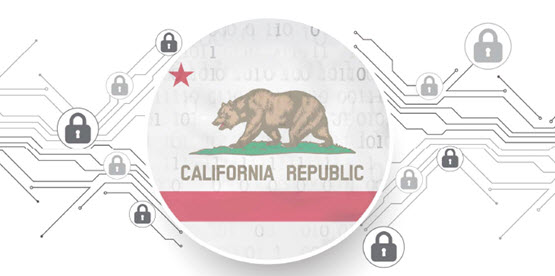On June 8, 2020, Alastair Mactaggart, Celine Mactaggart, and Richard Arney (the “Petitioners”) filed a petition for writ of mandate (the “Petition”) in the Superior Court of the State of California to prevent the California Privacy Rights Act of 2020 (the “CPRA”) from being disqualified from the general election ballot on November 3, 2020. The CPRA, if presented on November’s ballot and passed, would amend the California Consumer Privacy Act of 2018, which took effect on January 1, 2020. See Cal. Civ. Code §§ 1798.100 to 1798.199. The petitioners seek relief from the court for the alleged failure of Alex Padilla in his capacity as Secretary of the State of California to comply with California’s election code to prevent the CPRA from being precluded on the ballot.
Mactaggart spearheaded the initiative that led to the passing of the California Consumer Privacy Act (the “CCPA”). He and his organization Californians for Consumer Privacy have expressed dissatisfaction with many of the amendments passed since the original enactment of the CCPA. The CPRA is an effort to address these concerns through the referendum process.
The Californians for Consumer Privacy announced on May 4 that they had secured a sufficient number of signatures for the CPRA to appear on the November ballot. They did not submit the initiative and supporting signatures to the Secretary of State until fairly late in the annual ballot initiative cycle, however. There is a question, as a result, regarding whether the required Secretary of State verification process will be completed in sufficient time under California law for the CPRA to appear on the November ballot.
Under California election law, the Secretary of State must immediately notify counties to begin verifying a petition’s signatures if the counties report that an initiative has received a threshold number. The counties verify the signatures through a random sampling technique in which random signatures are selected to be validated. If the required number of signatures are verified, the Secretary of State is to certify that the initiative is qualified for the ballot. Cal. Elec. Code § 9030. The counties have thirty working days to report the random sample results to the Secretary of State, and the results must be reported by June 25 this year for an initiative to make November’s ballot. The Petitioners allege that the Secretary of State did not immediately notify the counties to begin random sampling when the counties reported the threshold number of signatures on May 13, but rather waited until May 14, which would give the counties until June 26 to complete verification, one day after the deadline for the Secretary of State to certify that the CPRA is qualified for the ballot.
The Petitioners allege that the Secretary of State failed its duty to comply with California’s election code and they seek a court mandate to require the Secretary of State to direct counties to submit their random sample results by June 25 so that the Secretary of State can certify the CPRA for November’s ballot. According to the Petition, the Secretary of State claims that the notice to start the random sampling was given on May 14 because its office received the report that the signature threshold to trigger random sampling was met after 5:00 p.m. on May 13 when the office was closed. The Petitioners argue that the office closing is an illegitimate excuse because the Secretary of State’s office has previously issued notices to counties after 5:00 p.m. The Petitioners maintain that not issuing the mandate will deprive Californians of the opportunity to vote for the CPRA.
The court’s ruling will determine whether the verification process will be completed in time to allow the CPRA to appear on November’s ballot. If the court issues a mandate for the Secretary of State to require that the counties submit the random sampling results by June 25 and the CPRA has a sufficient number of signatures, the CPRA will be on the ballot in November. If the court does not issue the mandate, there is a chance that the counties will not verify the signatures in time for the Secretary of State to certify the CPRA to be on the ballot.
We will continue to provide updates on the CPRA. For more information on the CPRA, please see The California Privacy Rights Act of 2020 – Key Impacts.
